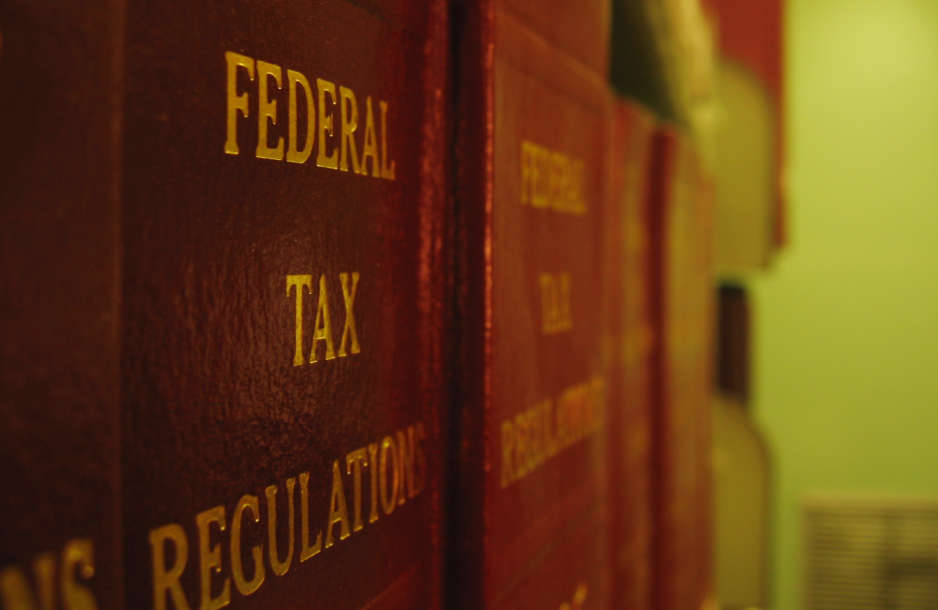Gregory Ablavsky

- Marion Rice Kirkwood Professor of Law
- Professor, by courtesy, History
- Room N345, Neukom Building
Expertise
- Constitutional History
- Federal Indian Law
- Legal History
- Property Law
Biography
Gregory Ablavsky’s scholarship focuses on early American legal history, particularly on issues of sovereignty, territory, and property in the early American West. His publications explore a range of topics including the history of the Indian Commerce Clause, the importance of Indian affairs in shaping the U.S. Constitution, and the balance of power between states and the federal government. His book Federal Ground: Governing Property and Violence in the First U.S. Territories was published in 2021 by Oxford University Press. His work has received the Cromwell Article Prize and the Kathryn T. Preyer Prize from the American Society for Legal History.
Prior to joining the Stanford Law faculty in 2015, Professor Ablavsky was the Sharswood Fellow in Law and History at the University of Pennsylvania. He clerked for Judge Anthony Scirica of the U.S. Court of Appeals for the Third Circuit. He was also a law clerk for the Native American Rights Fund in Washington, D.C.
Education
- PhD (History), University of Pennsylvania, 2016
- JD, Penn Law, 2011
- BA (History), Yale, 2005
Related Organizations
Courses
- Directed Professional Writing
- Directed Research
- Discussion (1L): Remedying Colonialism in U.S. Law
- Federal Indian Law
- Policy Practicum: Federal Indian Law: Yurok Legal Assistance
- Policy Practicum: Hopi Tribe Appellate Court Assistance Project
- Property
- Public Law Workshop
- Research Track
- TGR: Dissertation
- U.S. Legal History
Policy Practicum
Key Works
News
I have a right to be here,’ says Cree woman living in U.S. under Jay Treaty
CBC
Gregory Ablavsky, Marion Rice Kirkwood professor of law at Stanford Law School in California, says Trump would have a difficult time trying to halt Jay Treaty rights. "An executive order cannot — as a matter of constitutional law — repeal a treaty right," he said. "It would take an act…
Read More : I have a right to be here,’ says Cree woman living in U.S. under Jay TreatyTrump's attempt to overturn birthright citizenship uses century-old Native American case
Approval of Koi Nation casino near Windsor built on obscure rule of tribal law
Stanford Law Announces Third Cohort of Sallyanne Payton Fellows
An Oregon tribe’s casino bid sparks furor over what land tribes can rightfully call home



